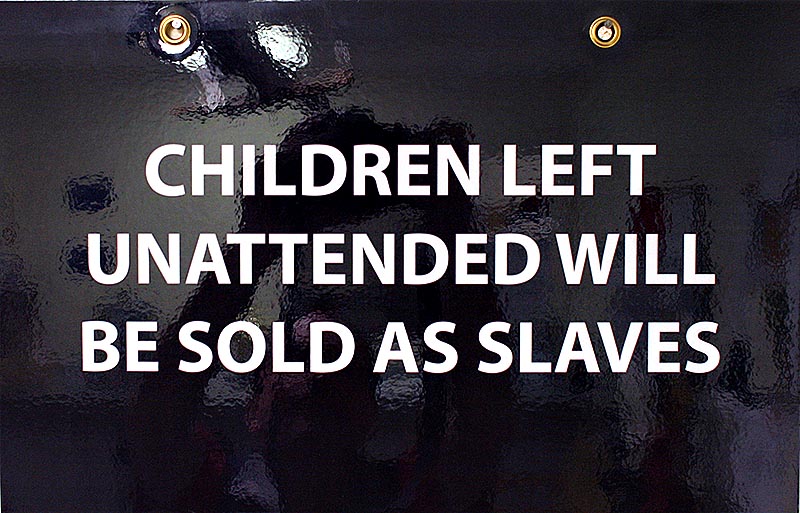TromboneAl
Give me a museum and I'll fill it. (Picasso) Give me a forum ...
- Joined
- Jun 30, 2006
- Messages
- 12,880
I'm working on my book entitled:
I include stories from my past, and I am embellishing some to make them more amusing. For example, here is one story:
1. This actually happened to Lena, not to me. I changed it to being about me so that she won't be embarrassed.
2. I added "whenever I show up there, they whistle for Sadie, in case I want to ask her about stock options or retirement plans." That didn't happen, but it makes the story funnier.
I think it's reasonable to make those changes. People on the writing forum disagree.
What do you think?
Drive, Ride, Repeat
The Mostly-True Account of a Cross-Country Car and Bicycle Adventure
The Mostly-True Account of a Cross-Country Car and Bicycle Adventure
I include stories from my past, and I am embellishing some to make them more amusing. For example, here is one story:
A few years ago, I needed advice on setting up payroll for my company, and drove down to my accountant’s office and spoke with his assistant. It was an informal small-town operation — the kind with overstuffed chairs, worn rugs, and an office dog. A few weeks after this meeting, I called and said “Hi, I have some questions about the payroll system, could I please speak to Sadie?” Unfortunately, I hadn’t really paid attention to the names, and it turned out that Sadie was the name of the office dog. They got a big kick out of that, and now, whenever I show up there, they whistle for Sadie, in case I want to ask her about stock options or retirement plans.
The two changes I made are:
1. This actually happened to Lena, not to me. I changed it to being about me so that she won't be embarrassed.
2. I added "whenever I show up there, they whistle for Sadie, in case I want to ask her about stock options or retirement plans." That didn't happen, but it makes the story funnier.
I think it's reasonable to make those changes. People on the writing forum disagree.
What do you think?

